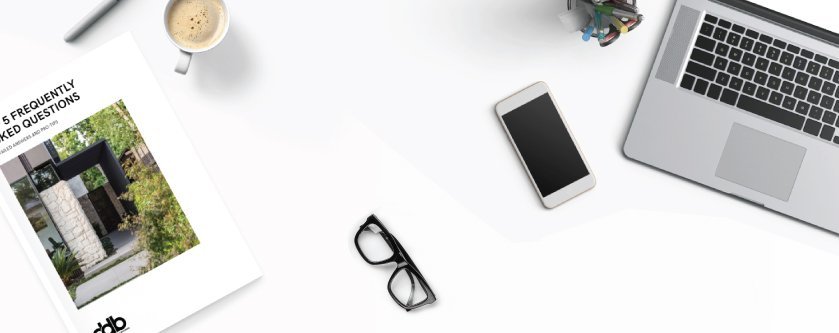
EMAIL #93, 18TH, OCTOBER, 2020 - PRACTISING MINDLESSNESS (THE VALUE OF SWITCHING OFF)
Hi Team,
I have a confession to make; I'm not very good at switching off. If I'm not actively doing something and being productive, I tend to feel guilty and restless. (This is obviously not the ideal temperament to go through 5 months of forced lockdown!) So over the last several months I have been trying to chill out more and learning to be better at mindlessness.
"I am no longer accepting the things I cannot change.
I am changing the things I cannot accept." Angela Davis
I have recently written two emails about the benefits of practicing mindfulness (# 84 + # 85), and I have recently discovered the benefits of practicing mindlessness! (i.e. switching off). I came across this topic whilst partaking in one of my "lockdown guilty pleasures" of spending 2 or 3 hours each Saturday + Sunday reading the weekend newspapers. An article in the age lifestyle section called "Switching Off" written by Evelyn Lewis discussed the many mental and physical benefits of switching off (defined as "indulging in a relaxing activity with no goal other than to unwind.") This article cited the research of Jodie Lowinger, an Australian clinical psychologist and "mindlessness expert", who explained the benefits of switching off as follows.
1. It helps us avoid mental exhaustion and stress. Physiologically switching off actually turns on our parasympathetic nervous system, our breathing and heart rate slows down, and our brain starts to recharge and rebalance.
2. It feels good. During prolonged relaxation, the feel-good hormones serotonin and dopamine are released which help to replenish the neurochemicals that we lose when we are stressed or feeling anxious.
3. We are all feeling pandemic-related stress and our minds are full of doubt and uncertainty, so now more than ever we must take advantage of the extra time we have at home and with our families to relax and rebalance our goals and our priorities. ("We all need effective recovery in order to maintain our wellbeing, avoid burnout, and function well in our work time and family time.")
4. Effective mindlessness is different for each person. You should be free to do what feels best for yourself and if that means binge watching Netflix or reading the newspaper for several hours, that's okay.
5. "Right now, it's about doing what we need to make us feel good."
Some of us (me included) may need some help with practicing mindlessness, so here are a few tips for mastering the art of switching off.
• It is very important to switch off your mobile phone and other portable devices during down time.
• Set some personal boundaries and develop some rituals around switching off. (For me it's taking the dog for a long walk whilst listening to a podcast. This is how I transition from work mode to rest and relax mode each day.) This is especially important if you are working from home at present. You must be able to shut the door on your home office space at the end of the workday.
• Hobbies are a good aid to help you tune out from all the noise and stress of your work (cooking, reading, music, playing cards or puzzles etc).
• Practice checking your focus. Try to be conscious of your thoughts from time to time during down time. If you notice that your thoughts are work related or stressful make a deliberate effort to shut down these thoughts. (This might require some mindfulness and self-awareness?)
"Never get so busy making a living that you forget to make a life." Unknown
Thanks for reading,
Stay safe and switch off, occasionally.
David
